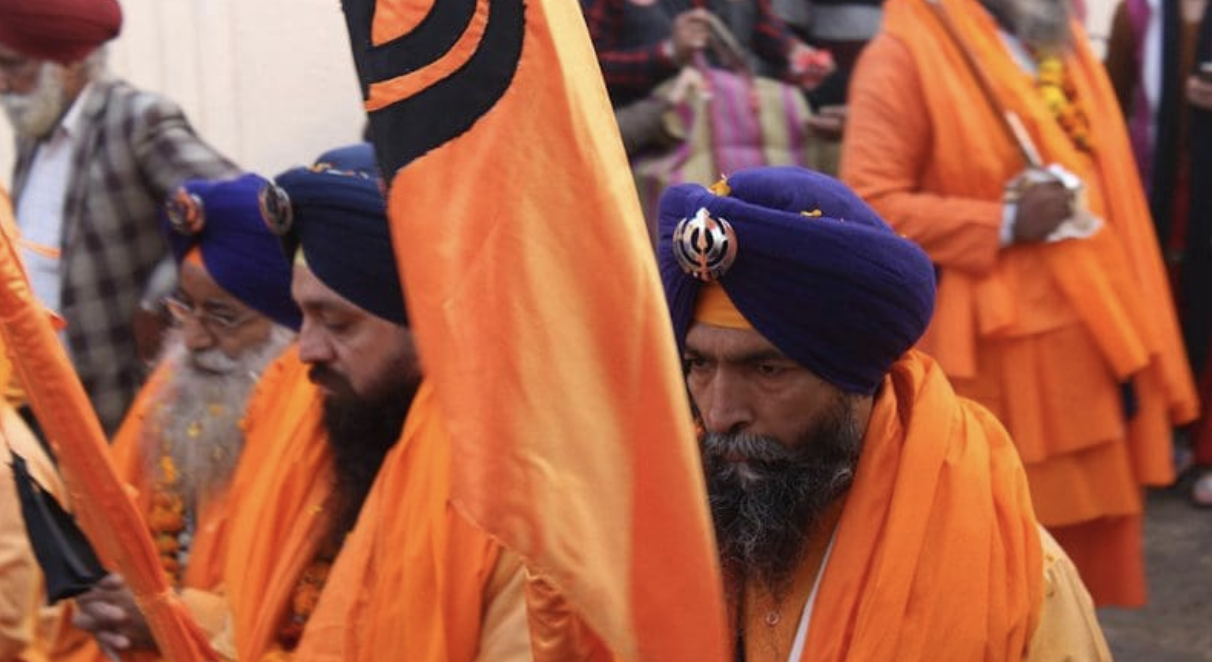
By Sehrish Khan
Over the past decade, there has been growing concern among the Sikh community regarding incidents of sacrilege and perceived government indifference towards their religious and political grievances.
Numerous cases of desecration of Sikh religious texts, combined with a lack of significant legal action, have fueled a sense of marginalization. The Sikh community in India, a minority comprising roughly 2% of the population, has faced increasing marginalization and oppression in recent years. With the rise of right-wing extremism and the influence of Hindu nationalist ideology, there has been a systematic disregard for Sikh religious symbols, beliefs, and political concerns. The situation has escalated particularly under the government led by Prime Minister Narendra Modi, where the state’s actions are seen not as a defense of law and order but as targeted suppression of Sikhs’ political and religious freedoms. While the world often celebrates India’s democratic ideals, the realities for its Sikh minority paint a troubling picture.
For over a decade, the Sikh community has been grappling with the rampant desecration of their sacred texts. Incidents of sacrilege have become a common occurrence, and the government’s response to these acts has been disturbingly apathetic. In particular, there has been little accountability or legal action taken against the culprits, exacerbating the Sikh community’s grievances. Reports suggest that since 2015 alone, more than 200 cases of sacrilege have been recorded, yet significant convictions remain absent. This glaring negligence by the authorities has fueled a growing sense of alienation and distrust within the Sikh community.
The rise of extremist Hindu nationalism has played a critical role in deepening the schism between the Sikh community and the Indian state. The Rashtriya Swayamsevak Sangh (RSS), a right-wing Hindu nationalist organization, and other allied groups have often promoted a vision of India as a “Hindu nation.” This vision has little room for the country’s religious minorities, including Sikhs.
This story was originally published in eurasiareview.com. Read the full story here.

